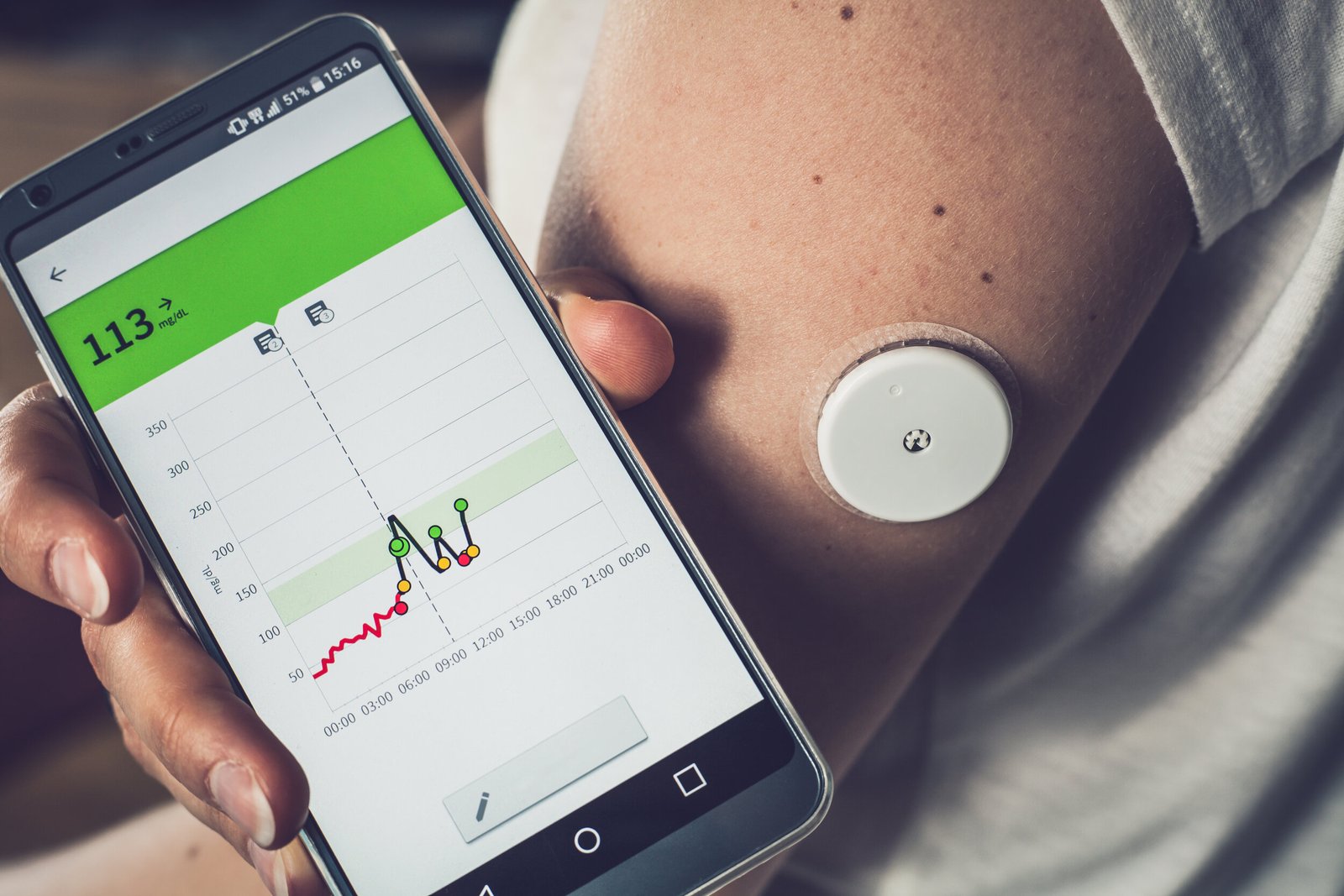Blood work tests are a regular part of health checkups. These tests help doctors find problems early, even before you feel sick. A small sample of blood can show if your body is working properly. It can tell doctors about your heart, liver, kidneys, and even if you have an infection. Getting blood work done is simple, but it plays a big role in keeping you healthy.
During a blood test, a nurse or lab technician takes a small amount of blood from your arm. This sample is then tested in a lab. The results are shared with your doctor, who explains what they mean. These results can help you and your doctor decide on the next steps for your health.
Even if you feel fine, doctors may suggest regular blood work to check for early signs of health issues. Some conditions don’t show symptoms right away. Blood tests can catch them early, which makes treatment easier. Many people also use blood work to track their health over time. Whether you’re checking your cholesterol, blood sugar, or vitamin levels, blood tests give clear answers fast.
Common Types of Blood Work Tests
There are many different types of blood work tests. Each test checks for different things in your body. Your doctor will choose the tests based on your symptoms, age, or health history.
Complete Blood Count
A Complete Blood Count, or CBC, is one of the most common blood tests. It looks at the cells in your blood, including red blood cells, white blood cells, and platelets. Each type of cell plays an important role in your health. Red cells carry oxygen, white cells fight infection, and platelets help stop bleeding.
Doctors use a CBC to find conditions like anemia, infections, or certain blood diseases. If your red blood cells are low, it could mean you have anemia. If your white cells are high, you might have an infection. The test is quick and simple but gives important information about how your body is working.
The results from a CBC can help guide other tests or treatments. Doctors often order this test during routine checkups or when you feel sick. It helps them figure out what is going on inside your body, even if you don’t have clear symptoms yet.
Basic Metabolic Panel
The Basic Metabolic Panel, or BMP, is another common blood test. It checks different chemicals in your blood to see how your body is working. This test looks at things like blood sugar, calcium, and electrolytes such as sodium and potassium.
Your doctor uses the BMP to check your kidney function, blood sugar levels, and more. If your sugar is too high, it could mean you have diabetes. If your kidneys aren’t filtering well, certain levels in your blood will rise. These results help your doctor understand how well your organs are doing their job.
A BMP is often done before surgery or during a hospital stay. It helps doctors catch problems early and avoid any complications. The test also helps with managing long-term conditions like diabetes or kidney disease. With regular testing, doctors can make better decisions about your care.
Lipid Panel
A Lipid Panel checks the fats in your blood. It measures total cholesterol, good cholesterol (HDL), bad cholesterol (LDL), and triglycerides. This test helps show your risk for heart disease or stroke.
If your cholesterol is too high, you may need to change your diet, exercise more, or take medicine. High LDL is bad because it can clog your arteries. HDL is good because it helps clear fats from your blood. Triglycerides are another type of fat that can raise your risk for heart problems.
Doctors often recommend a Lipid Panel if you are over 40 or have other risk factors like obesity or family history. The test is usually done after fasting, which means no food or drink except water for 8 to 12 hours. This gives the most accurate results and helps your doctor give the best advice for your health.
Reasons to Get Blood Work Done
Blood work is not just for when you feel sick. There are many reasons your doctor might ask for blood tests.
Regular Health Checkups
Blood tests are a part of regular checkups. They help your doctor see how your body is doing over time. These tests can catch problems early, even before symptoms start. For example, a simple test might show low iron levels or high blood sugar.
Getting blood work done once or twice a year is a good habit. It gives you and your doctor a baseline of your health. If something changes, your doctor can act fast. Early action usually means better results and less stress.
Regular checkups with blood tests are a smart way to stay in control of your health. They help you understand what is normal for your body and what is not. With this information, you can make better choices about your diet, exercise, and medicine.
Monitoring Chronic Conditions
If you have a condition like diabetes, high blood pressure, or thyroid problems, blood work helps manage it. These tests show how well your treatment is working. If the results change, your doctor can adjust your medicine or treatment plan.
For example, if you take medicine to control your thyroid, blood work can show if the dose is right. If not, your doctor can make changes to keep your hormone levels in balance. This keeps you feeling better and reduces long-term risks.
Regular blood work also helps track progress. Seeing improvements in your results can be encouraging and help you stay on track with your health goals. It gives both you and your doctor clear, measurable updates on your condition.
How to Prepare for Blood Work Tests
Preparing for a blood test is simple, but you should always follow your doctor’s instructions.
Fasting Before the Test
Some blood tests, like the Lipid Panel or blood sugar test, require fasting. This means you cannot eat or drink anything except water for 8 to 12 hours before the test. Eating before a fasting test can change the results and make them less accurate.
If your test needs fasting, try to schedule it in the morning. That way, you can fast overnight and go straight to the lab after waking up. After the test, you can eat a healthy meal to get your energy back. Always ask your doctor if your test requires fasting.
Sharing Medication and Supplement Info
Some medicines and vitamins can change your test results. Before your blood test, tell your doctor what you are taking. This includes prescription drugs, over-the-counter medicines, and supplements like vitamins or herbs.
Your doctor might ask you to stop certain things before your test. For example, biotin (a vitamin in many hair and skin products) can affect some lab results. By sharing this information, you help your doctor get the most accurate and helpful results from your test.
What Happens After the Test
After your blood is taken, you can go back to your day. Most people feel fine, but it’s okay to rest if you feel tired or lightheaded. Drink water and eat a snack if you were fasting.
Your test results may be ready in a few hours or days. Your doctor will go over them with you. If something is not normal, they will explain what it means and what steps to take next. Some results may need more tests or changes in your treatment.
Following up on your blood test results is important. Don’t skip this step. Ask questions if you don’t understand something. Your doctor is there to help you make sense of the numbers and take care of your health.
Conclusion
Blood work tests are a simple way to learn a lot about your health. They help catch problems early, guide treatments, and keep track of long-term conditions. By getting regular blood tests, you take control of your well-being. Whether you are checking your sugar, cholesterol, or organ function, blood tests give clear answers. They are a smart and easy way to stay healthy.











